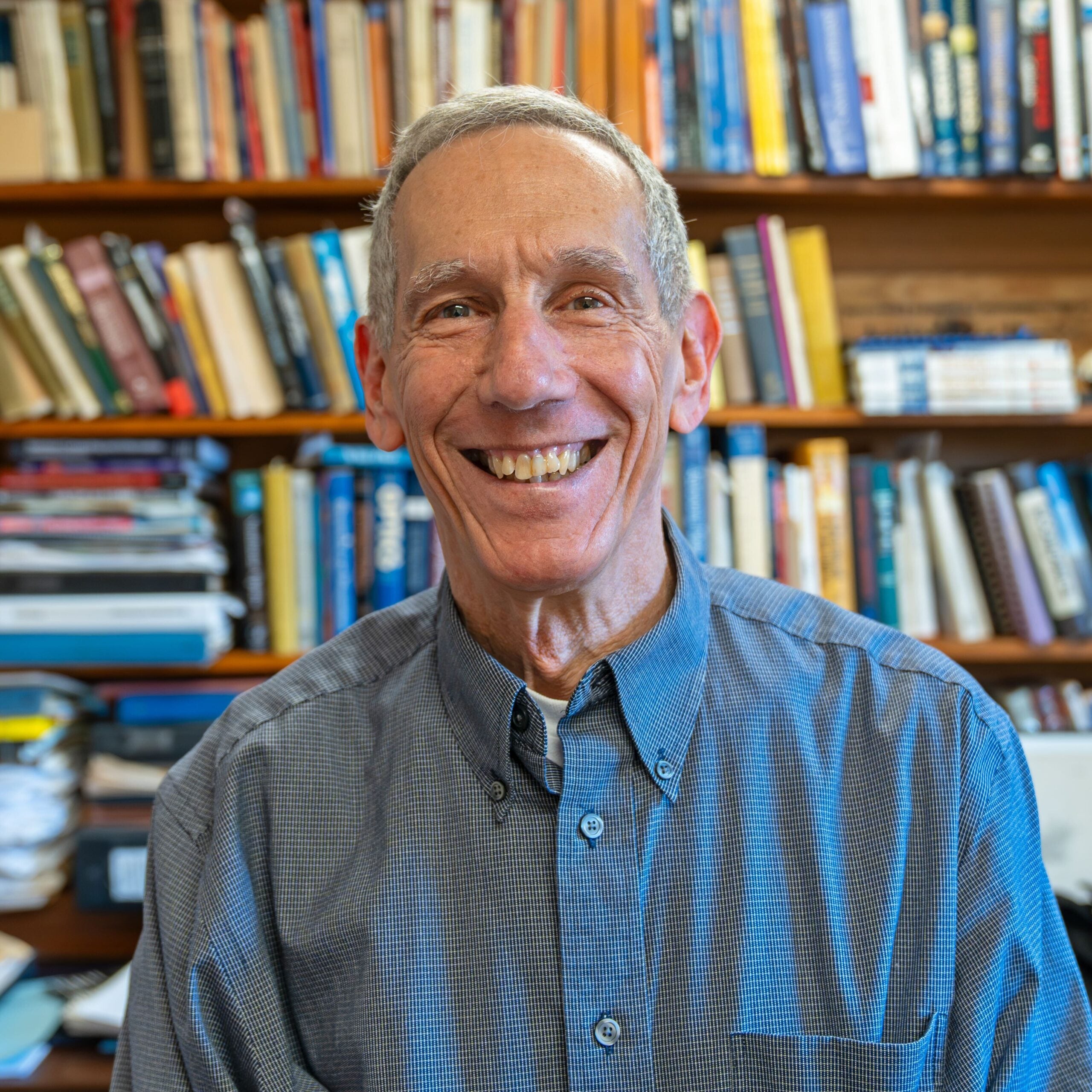KINGSTON, RI – October 30, 2024 – A cohort of 6 students in URI’s quantum computing graduate certificate program ascended to campus in October; a first for the online-only course. With the help of a $1 million grant from the National Science Foundation (NSF), program designer and physics professor Leonard Kahn built a workshop series as an opportunity for participants to talk out complex, revolutionary ideas with their peers over a cup of coffee instead of a screen.
According to Kahn, quantum computing will revolutionize computation, but the changes STEM professionals seek may be a decade away. In this context, quantum computing is the complex world of computer science, math, and physics that come together to substantially reduce calculation times for certain classes of problems.. While these machines may not be available for some time, there’s ample opportunity to make this a reality because of significant funding from the NSF.
AI is the perfect example of the possibilities of growth. Before AI burst upon the scene a few years ago, people were saying ‘AI is a decade away.’
“In that way, AI is everywhere, right? Quantum could follow a similar trajectory,” said Kahn.
It’s not guaranteed, but what NSF and the National Quantum Initiative that was passed by Congress is trying to do is prepare a workforce to be ready for the eventuality that quantum computing will be realized. It is not only computing that holds promise; there’s also quantum sensing which can be used for things as simple as GPS on an iPhone and quantum communications to send encrypted messages. That’s where URI’s certificate program comes in.
The program is designed to take mid-career professionals who have an experience in a STEM discipline (e.g, computer programming, engineering) and give them a background in quantum computing. There may be participants who are single parents, or out of a job because of COVID, or they may be ready to pivot their career to quantum.The program also gives participants an opportunity to explore a new career path at no expense; roughly half of the participants are given scholarships.
“Part of the NSF initiative requires that the scholarships given out are not solely based on merit; rather, the goal is to develop a diverse group of quantum professionals. Diversity has many aspects in this context: diversity in ethnic and cultural backgrounds, gender, and in socioeconomic situations,” said Kahn.
What distinguishes this program from other online programs is that participants are now welcomed onto the URI Kingston campus for 4 workshops, one paired with each course in the program. Those who chose to attend the first workshop came from all over the country spanning from Colorado to Puerto Rico. There were several talks from industry professionals from IBM, a trip to the Computer Museum in Warwick, Rhode Island, and many long discussions about quantum computing.
“I think the best part was getting the students to meet each other. When you’re doing something like this over Zoom, half of the cameras are off and you never really get to know each other,” said Kahn. “We were anxious because not having had a workshop before, it wasn’t clear if the logistics would work, or if they would appreciate what was going on. But, according to them, we hit a home run.”
To support the cohort even further, the program does not end with just a certificate. A ‘threaded project’ begins with the first course, and with each step the participant’s project evolves, grows, and improves. By the end, they will have a portfolio project (e.g, developing a new computer code) that can be submitted to potential employers in addition to their official certification.
Kahn also stresses the difference between working with full-time undergraduate and graduate students and this particular cohort. “We refer to them as participants in the program rather than students,” he said. Participants vary in age; some in their 30s others in their 50s who have had multiple jobs and different levels of experience in industries like pharmaceuticals (CVS) to finance (JPMorgan). What makes the cohort special is their interest in being able to broaden their experience at a certain point in life where one may think going to school is over.
While a large percentage of the program will still take place online, the NSF grant opens up a world of possibilities. For example, bringing remote labs to life. “It will be challenging, but we want to get them access remotely so that they can do experiments from their laptops… even with lasers. If there are not proper controls on those, you could end up damaging expensive equipment. So, it’s a work in progress,” said Kahn.
The next workshop will take place December 2024 and will focus on experimental setups and a panel discussion with five or six people from the industry.
To learn more about all of our online certifications, please visit: https://web.uri.edu/online/contact/

